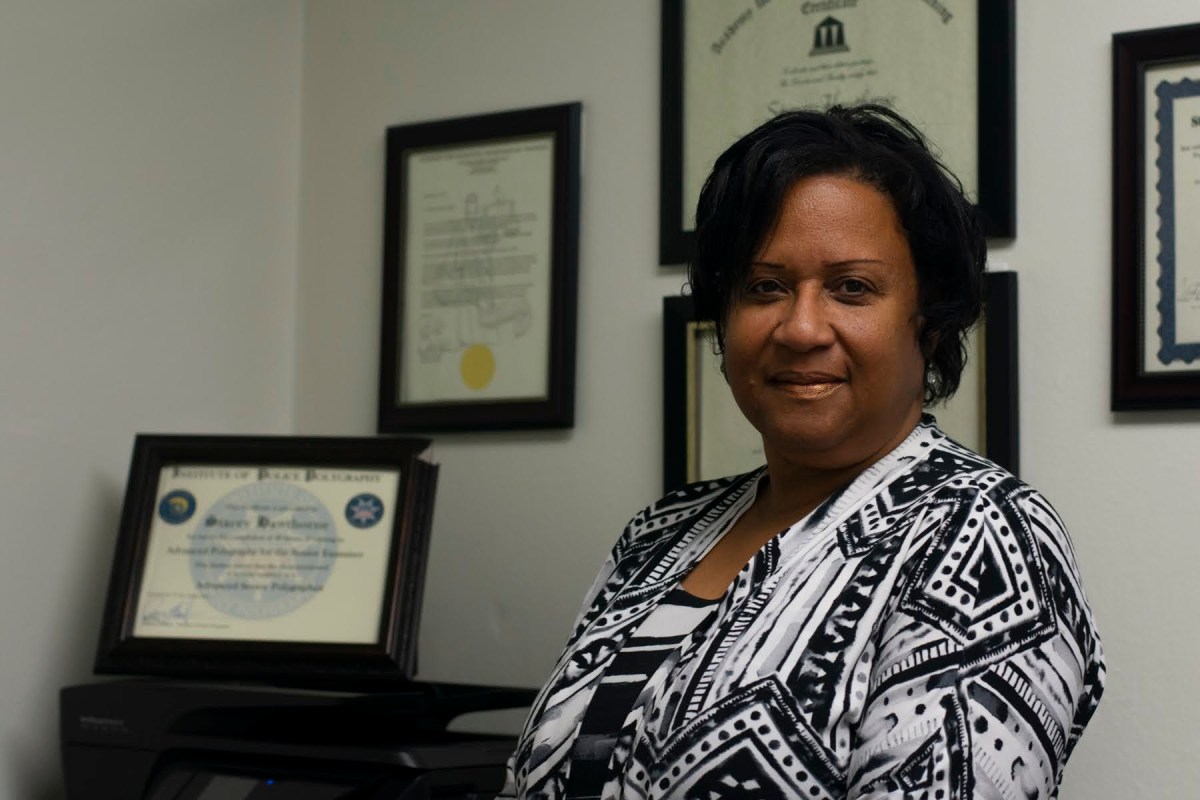Allegheny County’s Independent Police Review Board now has enough members to begin work, 18 months after the board’s creation. And while this begins a new phase in the quest for oversight of the county’s 100-plus police departments, questions remain over the board’s role and its members’ balance of backgrounds.
County Council appointed four members to the board in early September. On Sept. 30, County Executive Rich Fitzgerald named his four appointees to the board, meaning that eight of the board’s nine seats are filled.
The way forward for the board is unclear, though. There’s no word on when the board will begin meeting; it’s not known how many, if any, municipalities will choose to enter the board’s jurisdiction; and the board still needs a ninth member, which must be jointly appointed by Fitzgerald and council.
Of the board’s eight members, four are Pittsburgh residents, three are former law enforcement and one is younger than 55. The board members have terms that vary from one to four years.
Fitzgerald’s four appointees:
- Stacey Hawthorne, a Pittsburgh resident and former Pittsburgh police detective
- Coleman McDonough, a Bethel Park resident and former county police superintendent
- Robert Meinert, Neville resident and former municipal and county police officer
- Regina Ragin-Dykes, a Pittsburgh resident, pastor and vice president of the Pittsburgh NAACP
Hawthorne told PublicSource in an interview that the board’s charge is to “make the people feel comfortable about police and policing.”
Two of Fitzgerald’s appointees are Black, as are two of council’s picks.
Amie Downs, the executive’s spokesperson, said Fitzgerald felt it was important to have minority representation on the board because of the high number of police-civilian interactions that involve people of color.
McDonough, who was given the longest term at four years, said it’s helpful for a review board to have inside expertise.
“If you are going to examine actions and motives of people in a profession, then it is helpful to have someone with experience in that profession to illuminate that,” McDonough said. “I think if people on the board keep an open mind, we will be able to establish credibility.”
Some on county council, including at least two members who have taken stands against Fitzgerald’s policies over the years, were critical of the executive’s inclusion of three people with police backgrounds.
While Hawthorne said the board will benefit the public by giving them a neutral arbiter for complaints, critics like County Councilor Bethany Hallam say police presence on the board negates much of its neutrality.
“I’m skeptical that any actual oversight will come from a board with this significant number of police officers,” Hallam said.
Downs responded to criticism of the choices, saying that selecting people “who have an understanding and knowledge of law enforcement provides balance in the board’s role.”
Council President Pat Catena, who has steadily sharpened his council into a stronger check on Fitzgerald, said, “I would have hoped there would have been a more balanced approach” to the executive’s selections.
Hallam voted along with most of council to approve the law that created the board in April 2021, but only after a version of the legislation she preferred was passed over. She said this week that a previous version of the bill would have barred current a police from the board and limited the number of former police to two.

“This board was supposed to be something different, to provide different checks and balances,” Hallam said. “It’s frustrating that this legislation has even less oversight than we could have imagined.”
Ragin-Dykes said she hopes the board leads to “bridging the gap between the community and law enforcement.”
Councilman Paul Klein, who led the appointment process in council, said he acknowledged that some police departments would be skeptical of a board with no police experience. He also said council picked four non-police members in part because he expected Fitzgerald to appoint former police officials.
“The skepticism that so many bring to this process is: If you don’t have someone with that experience then, gee, they don’t really get what’s going on,” Klein said. “Generally there was an effort to strike a balance.”
Scaling up?
A major hurdle facing the new board — getting municipalities to opt into oversight — is also generating mixed opinions from appointees and council members. Under the 2021 law, the board has jurisdiction only over the county police force until any of the county’s 130 municipalities proactively opt in.
Hallam told PublicSource previously that she has been talking to numerous municipalities to urge them to opt in, and she is telling residents that the best way to ensure oversight is for them to lobby their local elected officials to opt in. Catena said in June that it would be an “all hands” effort to get municipalities on board.
Hawthorne and Ragin-Dykes echoed that sentiment, with Hawthorne saying “the more, the better.” But McDonough said he is “definitely neutral” on whether municipalities should opt in.
“I don’t think [recruiting] is part of our charter,” he said. “I would tell them that that’s their decision entirely. Ideally, police officers should be held accountable by their respective political officials.”
Klein said he expects smaller, more financially challenged municipalities to be naturally drawn to the board, which can provide a service that they can’t provide themselves. “Some municipalities that are much more vulnerable … might say maybe we need some kind of assist here,” he said.
Charlie Wolfson is PublicSource’s local government reporter and a Report for America corps member. He can be reached at charlie@publicsource.org or on Twitter @chwolfson.
Ladimir Garcia is a PublicSource editorial intern. He can be reached at ladimir@publicsource.org.
This story was fact-checked by Aavin Mangalmurti.







